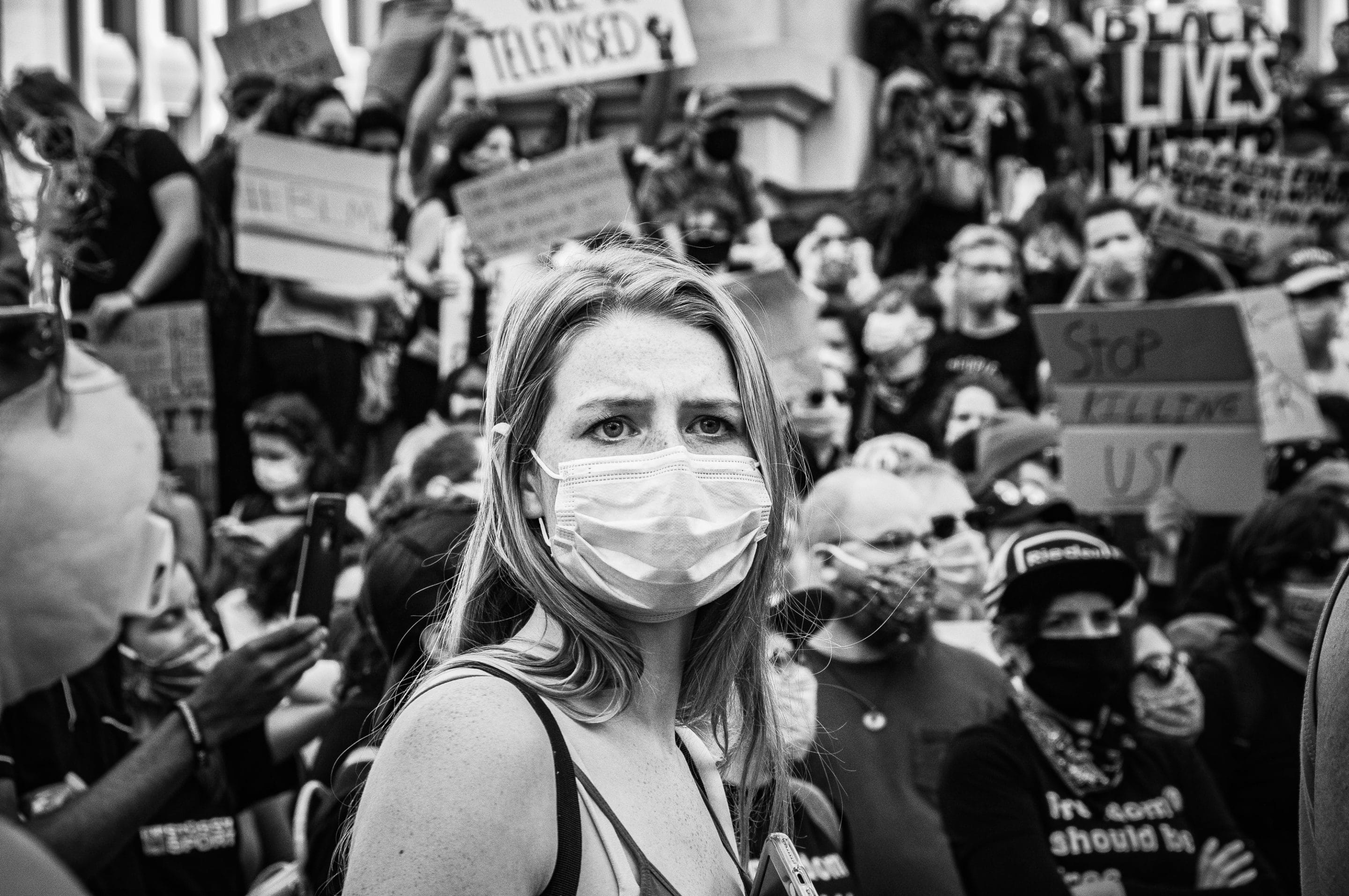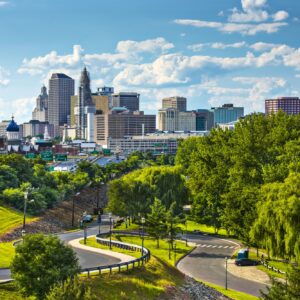Imagine in a worst-case scenario that 60% of the people currently suffering through the omicron surge in Hartford are now missing wages for up to two weeks. That’s a staggering loss of wealth, for both the individuals and the region as a whole.
After 20 months of wearing masks, avoiding all social activity, and working from home in isolation, it finally happened. I was sitting at home on the bed and cleared my throat. The itch didn’t go away. I continued until my throat was raw. I called 211 to schedule a Covid test.
The next day, it was confirmed. I had the coronavirus.
Things quickly degenerated from there. Within two days, I was so sick that I couldn’t even get out of bed. I let my employer know that I’d contracted the virus. No worries, they said. I had sick time that I could draw from, so my priority should be to focus on getting well.
My case of Covid was mild compared to what many others have endured, but it still knocked me out for over a week. I exhausted all my sick time and even dipped into my holiday time to cover my sickness. By the time I returned to work, I had to start rebuilding my time off from nothing.
As frustrating as that experience was, again I had it better compared to many others. My benefits ensured that I was still receiving pay during my illness.
That isn’t the case for my mother. She contracted Covid a few weeks after I did. Her case was relatively mild as well, but quarantine protocols meant that she was required to stay home from work for ten days, no exceptions. Not only is she an hourly employee, but she also works on the weekends as well. Ten days out of work hit her harder than someone who could convalesce and not have Saturday and Sunday working against them as well.
She has no insurance through her job. No sick time, or paid time off of any kind. Covid hasn’t only been detrimental to her physical health, but her financial health as well. As one of the nearly two thirds of Americans living paycheck to paycheck since the beginning of the pandemic, two weeks out of work was a major blow.
My mother isn’t the only person I know in this predicament. As the omicron variant has swept across the state, I have many anecdotes of friends and family who are not only worried about getting better, but also how they’ll pay their bills afterwards.
This is an issue which is of particular concern in the city of Hartford. With 349 cases per 1,000 residents, Hartford has one of the highest Covid positivity rates in the state. Many of those people may find themselves in similar situations to my mother. Almost 60% of American workers are paid on an hourly basis– meaning if they don’t work, they don’t get paid.
Imagine in a worst-case scenario that 60% of the people currently suffering through the omicron surge in Hartford are now missing wages for up to two weeks. That’s a staggering loss of wealth, for both the individuals and the region as a whole.
After nearly two years of the pandemic, there is still no program or plan in place at the local, state or federal level to reckon with this financial catastrophe. Enhanced unemployment expired months ago- and wouldn’t be of help to people who are employed but forced to miss work anyway. There were three direct payments in stimulus bills since the pandemic began, for a grand total of $4,000 per person. From an infection rate perspective, despite the advances of vaccines, the pandemic is worse now than it ever has been.
The response of government? To pass out tests and masks (well, except for Connecticut), a step which seems that it should have been taken long ago. The Center for Disease Control has reduced the isolation time required for people with Covid from ten days to five- but only if they’re asymptomatic. Still no plan to help people recover their lost income. No plan to subsidize food or fuel costs, even as inflation kicks in. Two years into the pandemic, and there’s still barely any help for those who need it most.
Jamil Ragland is a writer from the Hartford area. His work deals with politics, race and culture. Jamil lives in Hartford with his son.






